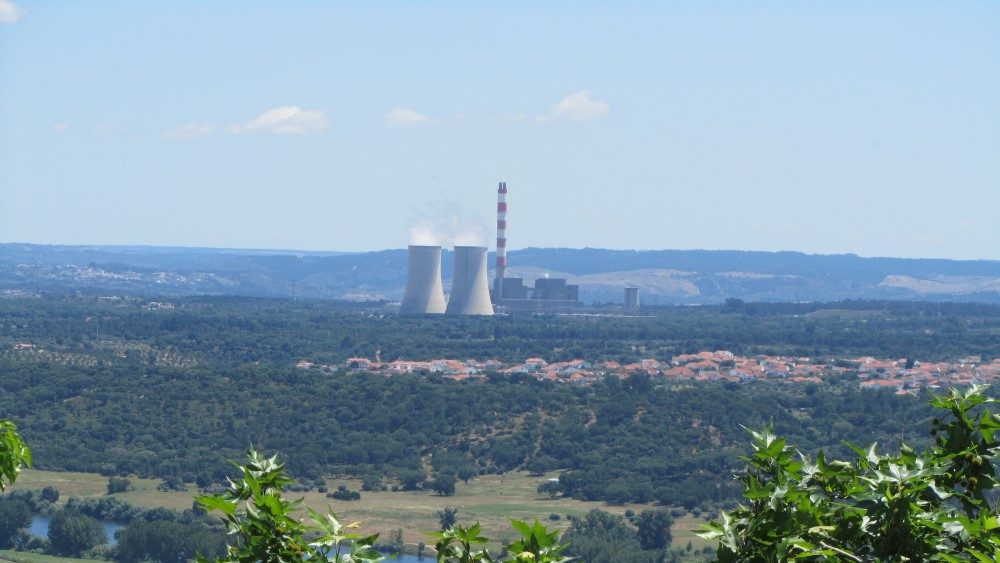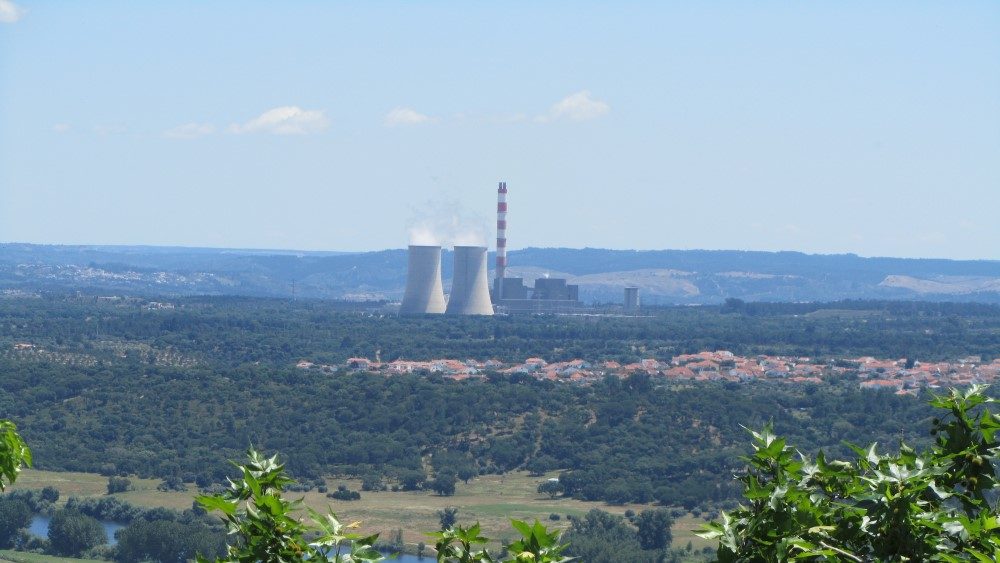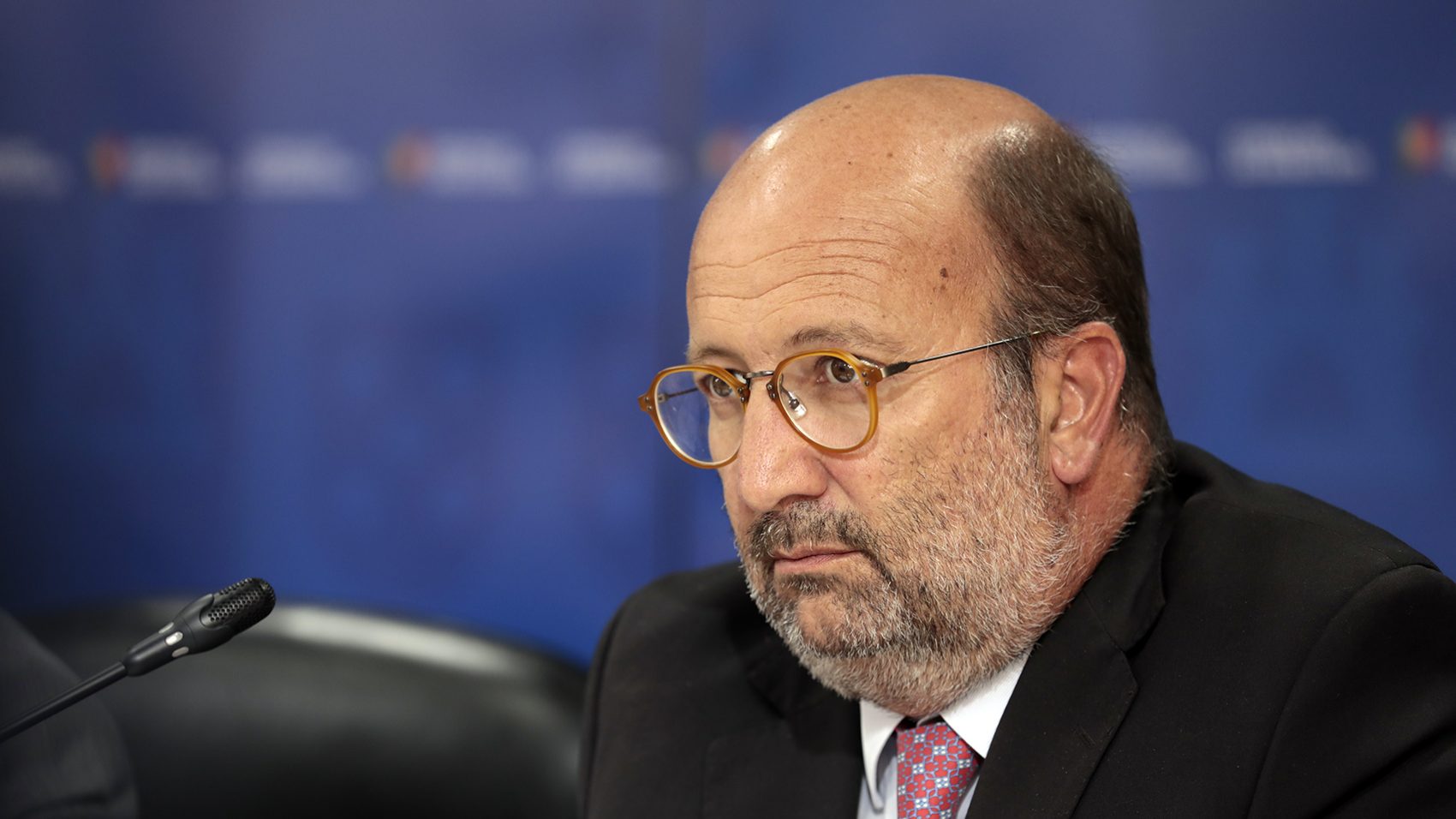Besides EDP, GreenVolt and ENEL are also interested in Pego coal-fired plant
The plant no longer burns coal, and until January 17, the public tender for its reconversion is open. The list of interested parties includes companies such as Grennvolt and ENEL, but also EDP.
The official closing of the doors is only scheduled for November 30, but the Pego coal-fired power plant in Abrantes stopped burning coal to produce electricity a few days ago. It simply ran out of stock – and so, from one day to the next, Portugal became the third European country that no longer depends on the most polluting of fossil sources for power generation.
The site will not stand empty, let alone the valuable point of connection to the electricity grid. In September, the government announced the opening of a public tender for the reconversion of the infrastructure, which has a total capacity of 628 MW.
There is no shortage of candidates, and not only national ones, such as EDP, which has also expressed its interest.
To ECO, GreenVolt’s CEO, João Manso Neto, admitted in a conference on Sustainable Financing that, “being a project with some dimension in Portugal, it is a project we look with interest”. But he warned: “We are not going to do it just for the sake of doing it. Either we are capable of doing something distinctive, or we are not. Now, do we look at it? Of course we do,” he revealed.
Subsequently, the head of the company reinforces to ECO that “GreenVolt is always attentive to investment opportunities that enhance the growth of its business. In this sense, the Pego Power Plant is a project we look at with attention, but it will only make sense for GreenVolt if there is effectively an opportunity to make a development that is distinctive and value generator.”
During the presentation of ENEL’s strategic plan for 2022/2024, the company’s CEO, Francesco Starace, also showed interest in Portugal, more specifically in the Pego Power Plant.
On the path to decarbonisation, the Italian group expects to mobilise investments of €210 billion between 2021 and 2030, of which €170 billion invested directly by the Enel Group (+6% compared to the previous plan) and €40 billion channelled through third parties.
“The Pego coal-fired power plant has reached the end of its useful life. We believe it can be replaced by renewable capacity and that is what we have proposed to the Portuguese government. We believe that the future is to decommission the plant and replace it with renewables and storage,” Starace explained at a press conference.
That said, he added: “Regarding the Portuguese market, it still has a lot of growth potential in the renewables sector. We will analyse and explore all the possibilities for development. We have a good pipeline in Portugal and we will develop it to serve the Iberian market as a whole,” said the CEO of ENEL, which in turn owns Spain’s Endesa, which owns part of the Pego power plant.
The infrastructure that currently exists in Abrantes belongs to the Tejo Energia consortium, made up of TrustEnergy (Engie and Marubeni), which holds 56%, and Endesa (with 44%).


